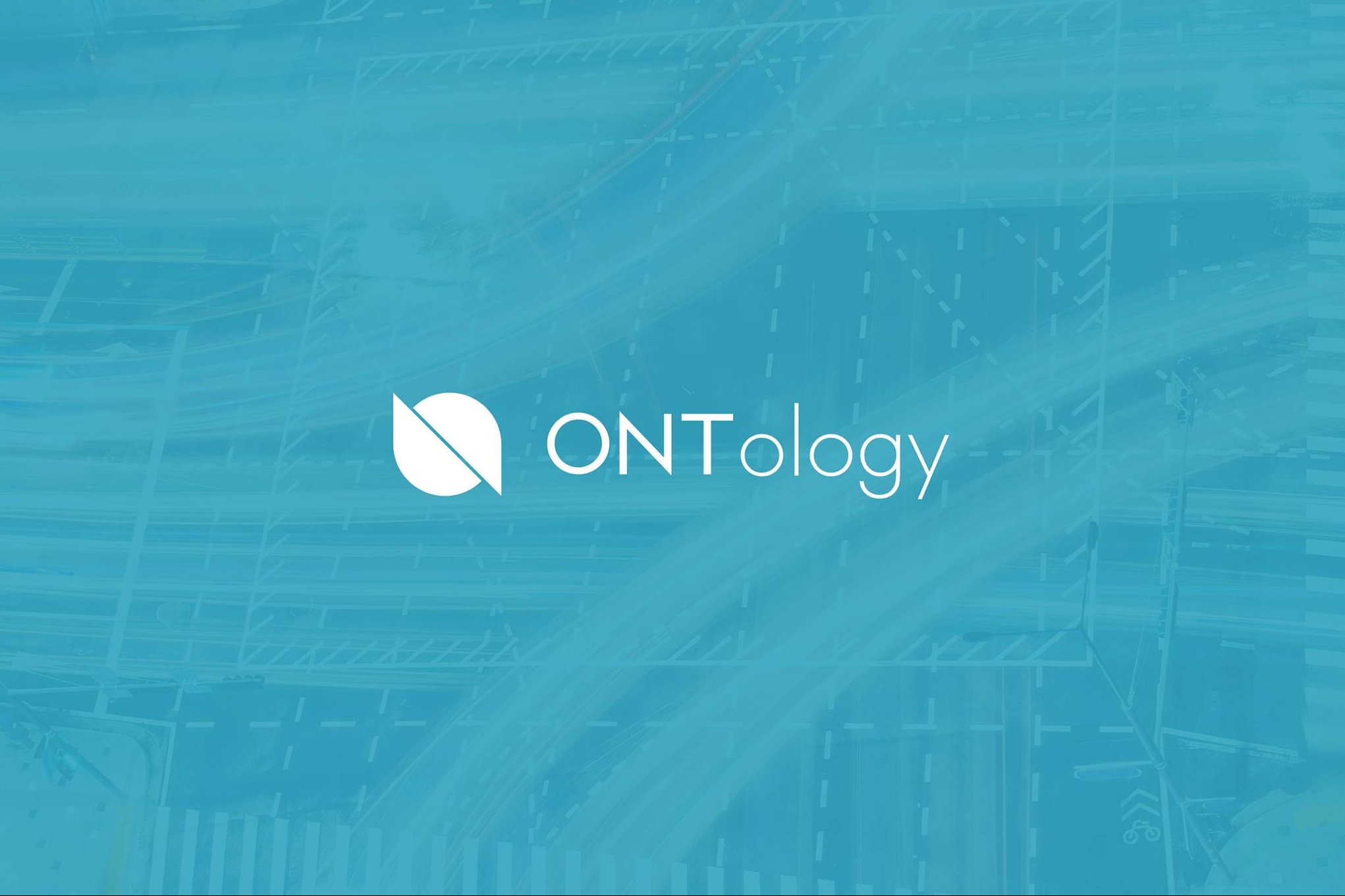

Ontology (ONT) is a China-based cryptocurrency aiming to assist businesses throughout the world. Ontology was airdropped to existing NEO (formerly Antshares) holders in March 2018. With Ontology reaching one year old, let’s take a look at what it is all about.
Ontology aims to serve the businesses of the world that are unsure of how to use blockchain technology or those that do not have the capacity to create one themselves. The company’s main tagline on its website is “ready for all business”.
Ontology’s website also claims that its blockchain is “able to customise different public blockchains for different applications”. Some examples include:
Through Ontology, you can create a system and framework that would suit your business best. Whilst this may cost (as you would need to hire the Ontology team), the service is a quick and easy way to harness a blockchain should you so wish. The money saved on your own research and development might also make it economically fiscal.
Whilst Ontology was airdropped to NEO holders, neither NEO or Ontology are owned by one another. The key in the partnership between the two is that they are both major Chinese cryptocurrencies.
Whilst at first glance Ontology and NEO might appear on a collision course in that they have similar goals and are both major Chinese coins, they are actually more of a partnership working to help each other.
The fact that Ontology was airdropped rather than launched through an ICO suggests that the company already had some substantial funding. And you would be correct to think that.
Ontology is funded by Fosun International, a large Chinese conglomerate and investment company. Through this funding, Ontology has managed to acquire an extremely large team – in cryptocurrency terms at least. The founder is a man by the name of Jun Li who has a background in computer science and many years experience in fintech.
It is always interesting to see major Chinese investment going in to building cryptocurrencies, as for many years there has been a consistent fogginess surrounding their legality in the nation. With funding from Fosun, perhaps these fears are misplaced. Although, for those of a cynical nature, one could question whether Ontology is really aspiring for the decentralised nature of Bitcoin.
The risk that arises from its partnership with NEO is that if NEO begins to struggle, so would Ontology. In the risky world of cryptocurrencies, having to rely on the strength of a partner doubles the risk.
Unlike many cryptocurrencies, Ontology’s price history is relatively short considering it is just reaching it’s first birthday. This means that it missed the massive bull run of 2017 and the severe drops that many other altcoins have suffered.
Despite this, ONT initially outperformed much of the market soon after the airdrop. The coin went from around $2.50 from the airdrop up to almost $10 in the space of a couple of months.
Since then, it has settled at just over $1. This still gives ONT a large market cap of $600 million and places it inside the top 20 largest cryptocurrencies.
Interestingly, it is one place above its partner NEO, which has an extremely similar market cap.
Chinese cryptocurrencies tend to bring a lot of hype and interest with them. With China being such an economic powerhouse and having such a technically-minded population, cryptocurrencies should appear attractive to the vast majority.
However, uncertainties still remain as to how the stringent Chinese regime will view and deal with cryptocurrencies. It is highly unlikely that the Chinese state would allow wide-scale usage of say Bitcoin due to the lack of control the government has over the network. The internet in China is still restricted for many, showing that the state fears this loss of control.
Both NEO and ONT seem to place themselves on the friendlier side of the state to allow them to flourish. In doing so though, they reject the importance of the philosophies that make cryptocurrencies such as BTC valuable, namely decentralisation.
On the other hand, ONT is not in the market for general citizens, but rather big businesses that are thinking of incorporating blockchain technology. Whether this will become a prominent market in the near future is still being widely debated.
Denver, Colorado, 24th February 2025, Chainwire
Denver, Colorado, 20th February 2025, Chainwire
Washington, D.C., 18th February 2025, Chainwire
Dubai, UAE, 27th January 2025, Chainwire
Those who enter the market at this time may be surprised to hear that Bitcoin…
George Town, Grand Cayman, 22nd November 2024, Chainwire